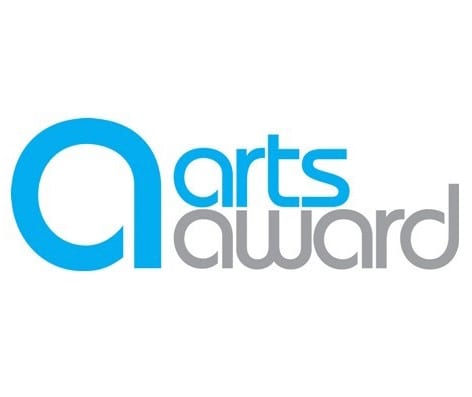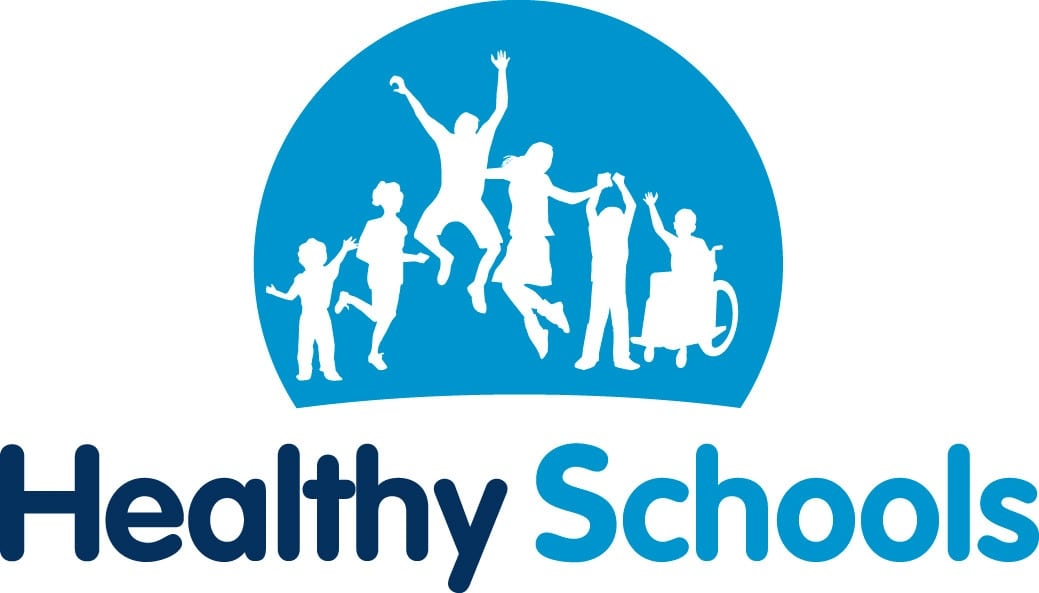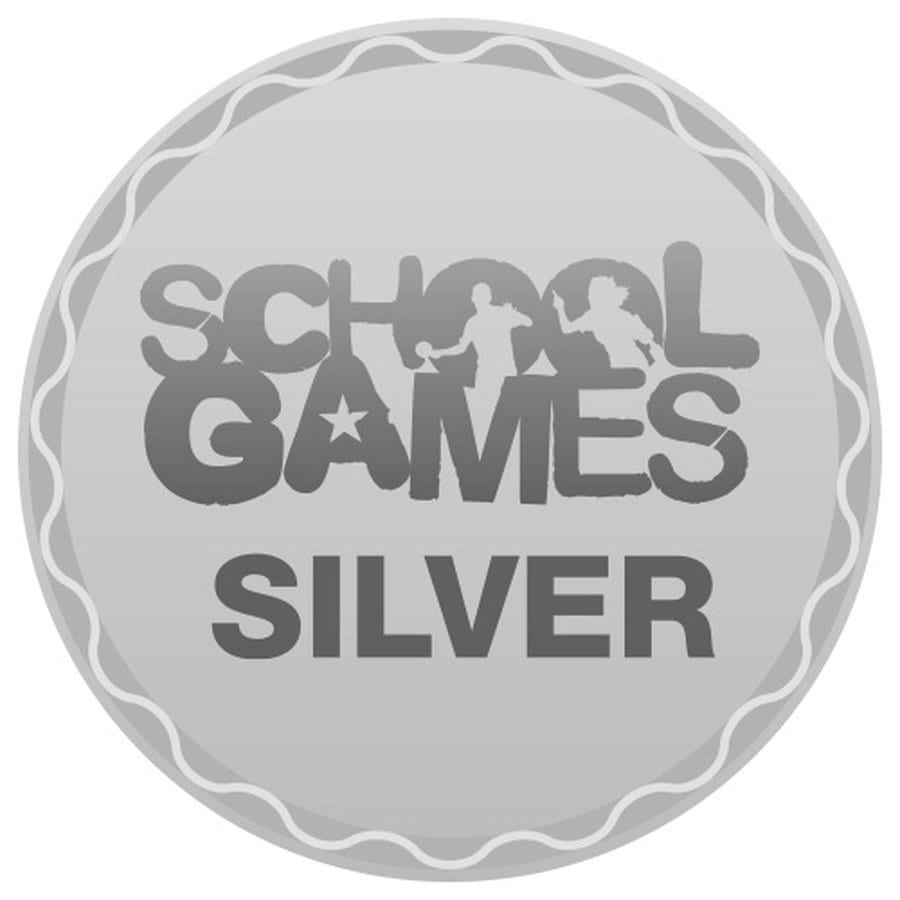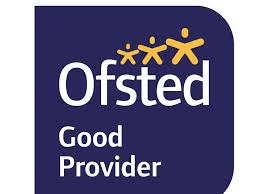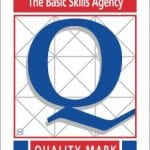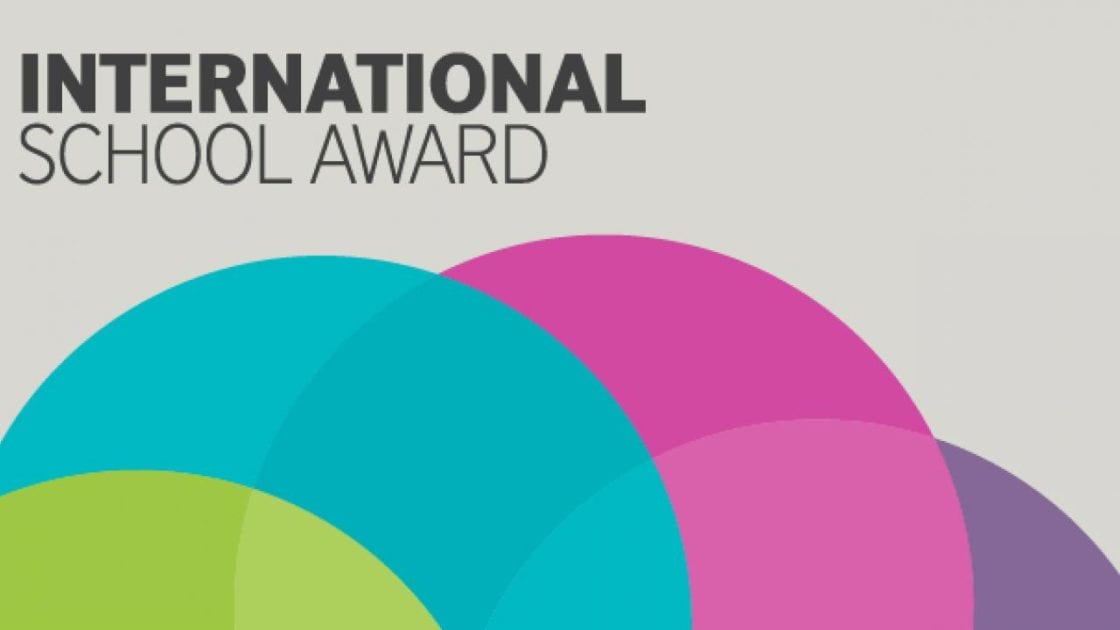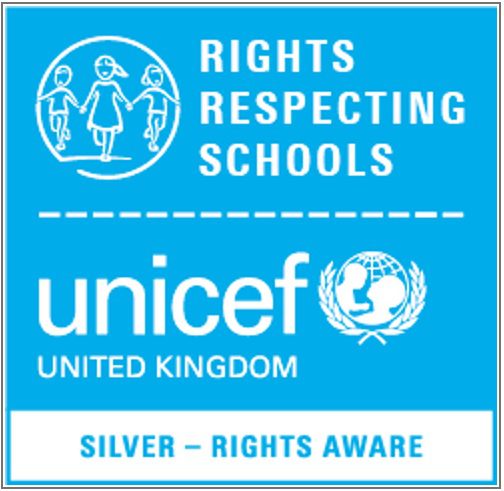All National Curriculum subjects provide opportunities to promote pupils’ spiritual, moral, social and cultural development. Explicit opportunities to promote pupils’ development in these areas are provided in religious education and the non-statutory framework for personal, social and health education (PSHE) and citizenship. A significant contribution is also made by the school ethos, effective relationships throughout the school, collective worship, and other curriculum activities.
Our Vision:
Stanley Crook Primary School is committed to improving outcomes for all pupils through delivering a curriculum, which is dynamic, fun and meaningful in a safe, secure and stimulating learning environment with high standards and expectations. We are passionate about developing lifelong skills that will enable all pupils to be resilient, respectful, independent and successful citizens of the future.
Our Mission:
‘To try our best, to tell the truth, to look after each other and our community’
The school is a very harmonious community where relationships are outstanding.
Leaders and Governors continue to judge Personal Development (along with Spiritual, moral, social and cultural development – SMSC) as outstanding. Pupils are able to demonstrate an ability to be reflective about their own beliefs that inform their understanding on life and their interest in and respect for different people’s faiths, feelings and values.
A variety of schemes are delivered in school to promote SMSC and to develop positive citizenship skills:
- School Council
- Wellbeing Champions
- ‘Buddies’
- Playmakers
- UNICEF Rights Respecting Group
- Prince William Award
- Durham Constabulary Junior Education Programme
- Durham Police and Crime Commissioner Challenge
- Be Safe.
School is also passionate about supporting our local community through a range of projects and events, which include/ have included:
- Greggs Foundation
- Speed Limit Campaign
- Festivals
- Litter Pick
- Play Park regeneration project
- Smoke Free School Gates
- Food Bank Support
- Tesco Community Projects
- Durham Action on Single Housing
- Shildon Alive
Throughout school, fundamental British Values provides the framework within which our ethos, aims and objectives are achieved and these values link into wider ‘School Values’ planning, where a specific value is focused upon each week at the Values Assembly.
Each T.E.A.M. (Together Everyone Achieves More) completes an individual Self Evaluation to identify, evaluate and assess current targets and areas for improvement. Each Team also completes a British Values curriculum map to exemplify how each value (linked to the UNCRC) will be covered during the year. This engagement with fundamental British Values across the curriculum develops and allows pupils to demonstrate skills, attitudes and behaviours which allows them to fully participate and contribute to our school, the local community and life in modern Britain.
Spiritual Development
Pupils’ spiritual development involves the growth of their sense of self, their unique potential, their understanding of their strengths and weaknesses, and their will to achieve. As their curiosity about themselves and their place in the world increases, they try to answer for themselves some of life’s fundamental questions. They develop the knowledge, skills, understanding, qualities and attitudes they need to foster their own inner lives and non-material wellbeing.
Moral Development
Pupils’ moral development involves pupils acquiring an understanding of the difference between right and wrong and of moral conflict, a concern for others and the will to do what is right. They are able and willing to reflect on the consequences of their actions and learn how to forgive themselves and others. They develop the knowledge, skills and understanding, qualities and attitudes they need in order to make responsible moral decisions and act on them.
Social Development
Pupils’ social development involves pupils acquiring an understanding of the responsibilities and rights of being members of families and communities (local, national and global), and an ability to relate to others and to work with others for the common good. They display a sense of belonging and an increasing willingness to participate. They develop the knowledge, skills, understanding, qualities and attitudes they need to make an active contribution to the democratic process in each of their communities.
Cultural Development
Pupils’ cultural development involves pupils acquiring an understanding of cultural traditions and ability to appreciate and respond to a variety of aesthetic experiences. They acquire a respect for their own culture and that of others, an interest in others’ ways of doing things and curiosity about differences. They develop the knowledge, skills, understanding, qualities and attitudes they need to understand, appreciate and contribute to culture.
Promoting Personal, Social and Health Education and Citizenship
The non-statutory guidelines for PSHE and citizenship are designed to help schools establish coherence and consistency, and to promote curriculum continuity and progression in pupils’ learning.

